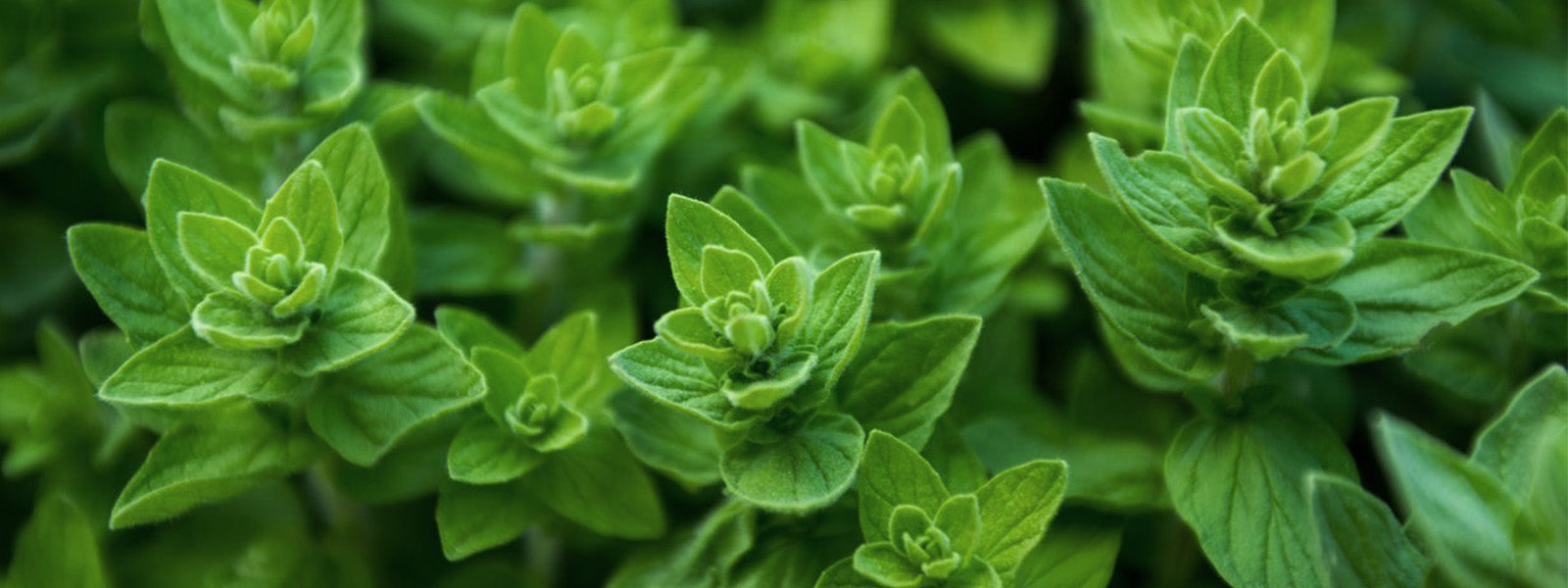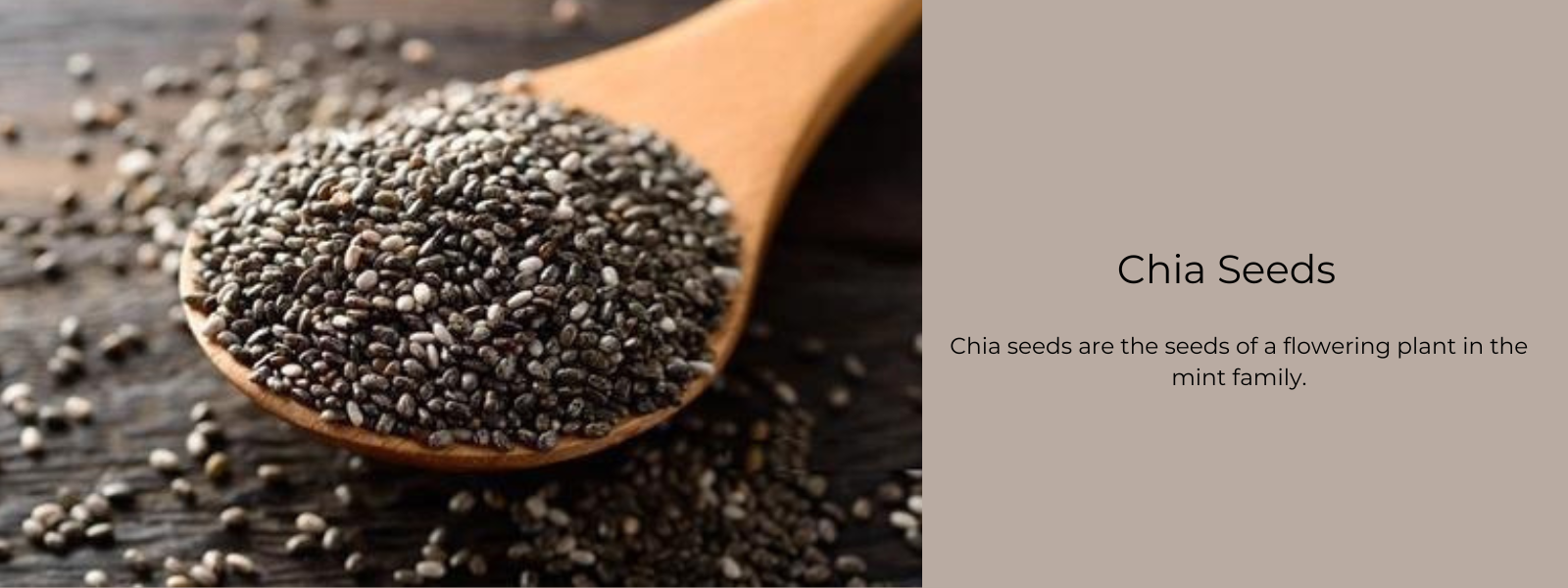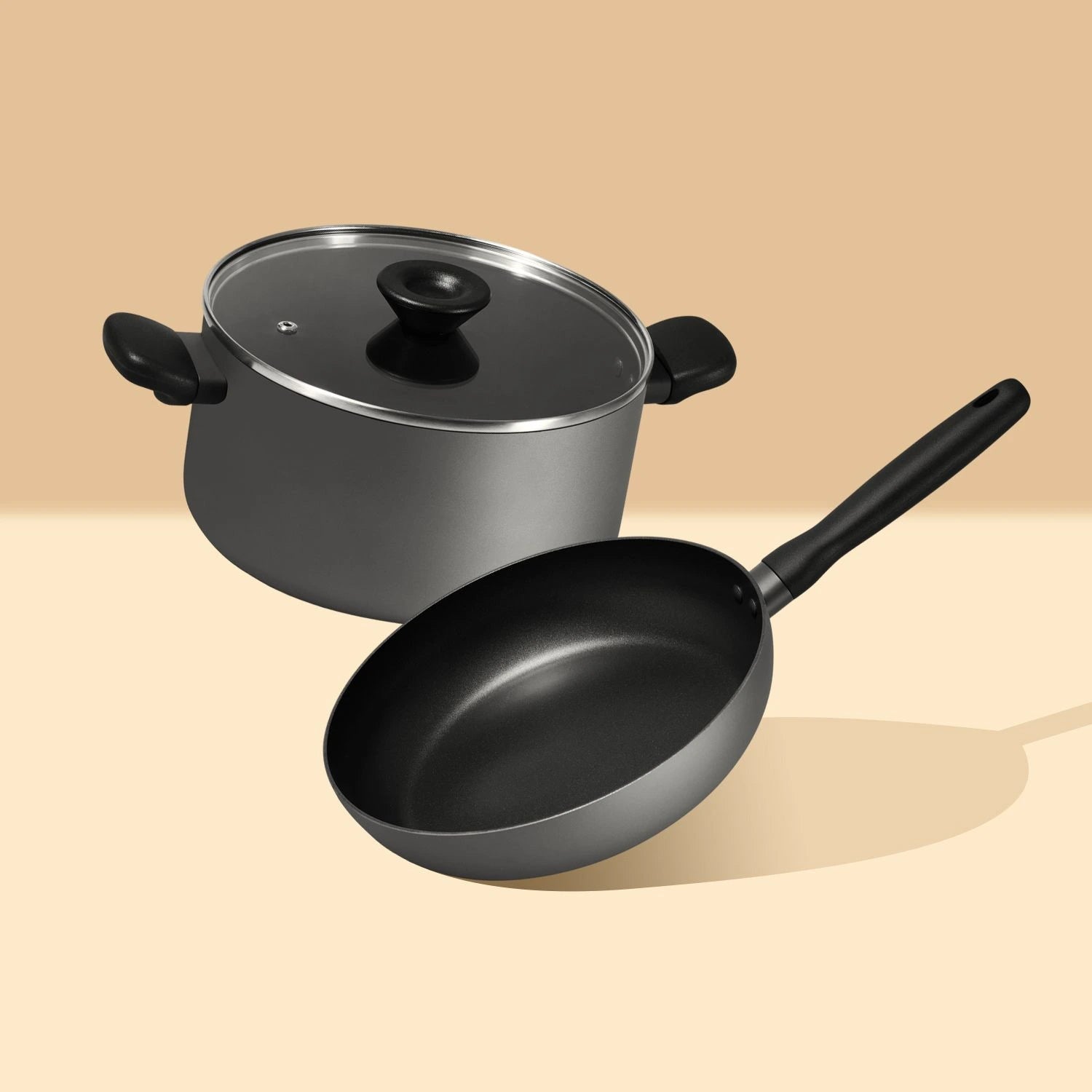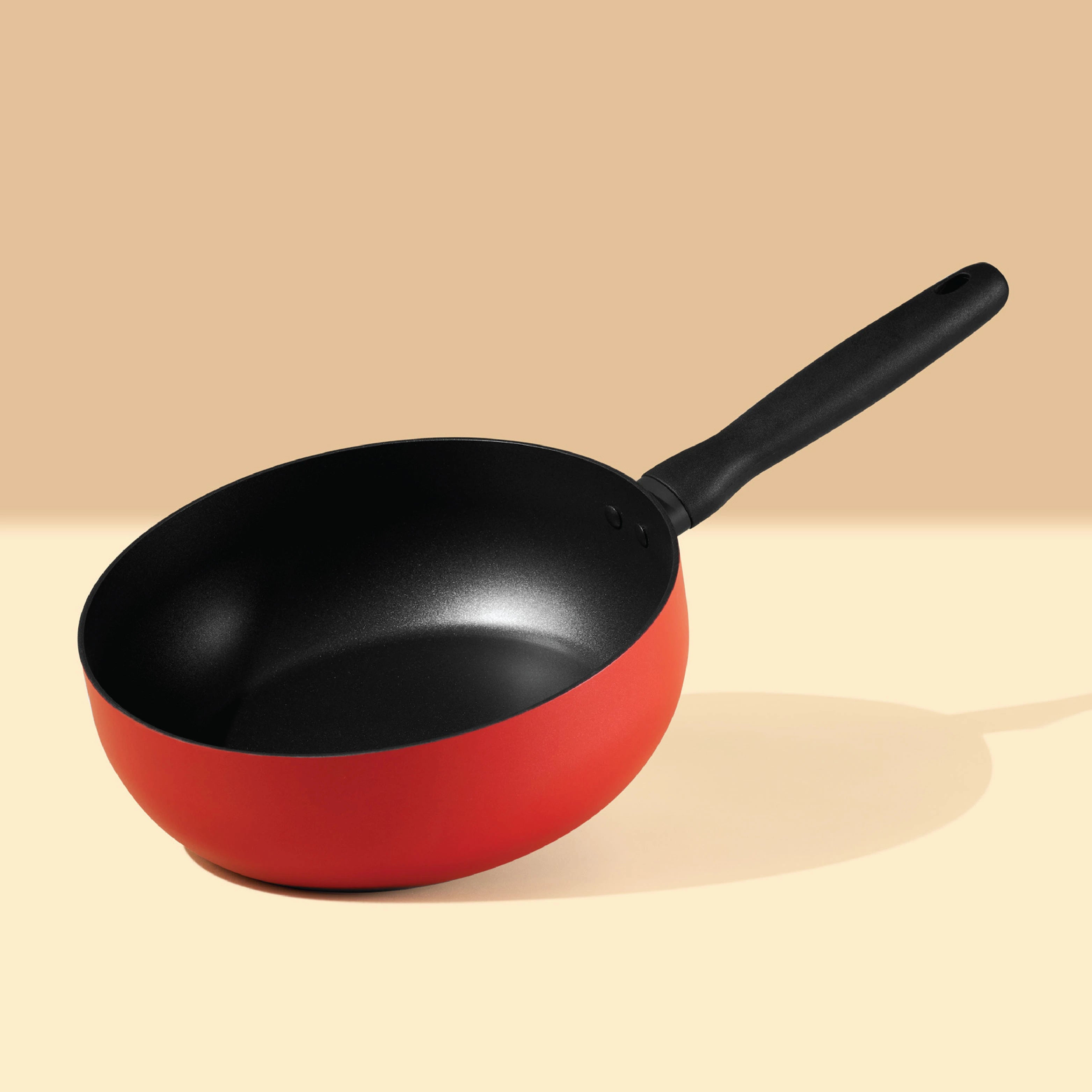Incorporating seeds into your diet can offer numerous nutritional benefits, thanks to their dense nutrient profiles. Seeds are rich sources of healthy fats, including omega-3 and omega-6 fatty acids, which support heart health and reduce inflammation. Additionally, seeds are packed with protein, making them valuable plant-based sources of this essential macronutrient. Their high fiber content aids in digestion, promotes satiety, and helps regulate blood sugar levels. Seeds also provide an array of vitamins and minerals, such as vitamin E, magnesium, zinc, and iron, which contribute to overall health and well-being. Furthermore, seeds contain antioxidants and phytochemicals that protect against oxidative stress and chronic diseases. Incorporating a variety of seeds into your diet, such as chia seeds, flaxseeds, hemp seeds, pumpkin seeds, sunflower seeds, and sesame seeds, can enhance the nutritional quality of your meals and promote optimal health.
Table of Contents
What Are Some Popular Nutrients-Rich Seeds?
There are several seeds that are considered highly nutritious due to their rich nutrient profiles. Here are some examples of nutritionally rich seeds:
- Chia Seeds: Chia seeds are packed with fiber, protein, omega-3 fatty acids, antioxidants, and various vitamins and minerals, including calcium, magnesium, and phosphorus. They also absorb liquid and form a gel-like consistency when soaked, making them a popular ingredient in puddings, smoothies, and baked goods.
- Flaxseeds: Flaxseeds are an excellent source of alpha-linolenic acid (ALA), a type of omega-3 fatty acid, as well as fiber, protein, lignans (phytoestrogens with antioxidant properties), and micronutrients like magnesium and manganese. Ground flaxseeds can be added to oatmeal, yogurt, baked goods, and smoothies for a nutritional boost.
- Hemp Seeds: Hemp seeds are rich in protein, containing all nine essential amino acids, as well as omega-3 and omega-6 fatty acids. They also provide fiber, vitamin E, magnesium, phosphorus, and potassium. Hemp seeds have a mild, nutty flavor and can be sprinkled on salads, yogurt, cereal, or incorporated into smoothies.
- Pumpkin Seeds (Pepitas): Pumpkin seeds are a good source of protein, healthy fats, fiber, zinc, iron, magnesium, and antioxidants like vitamin E. They have a crunchy texture and slightly sweet, nutty flavor. Pumpkin seeds can be eaten raw, roasted and seasoned, or used as a topping for salads, soups, and baked goods.
- Sunflower Seeds: Sunflower seeds are rich in protein, healthy fats, fiber, vitamin E, magnesium, selenium, and other antioxidants. They also contain phytosterols, which may help lower cholesterol levels. Sunflower seeds can be enjoyed raw or roasted and added to salads, granola, trail mix, or used as a topping for yogurt or oatmeal.
- Sesame Seeds: Sesame seeds are high in protein, healthy fats, fiber, and several essential minerals, including calcium, iron, magnesium, and zinc. They also contain lignans, which have antioxidant and anti-inflammatory properties. Sesame seeds are commonly used in cooking and baking, as well as in the form of tahini (sesame seed paste) in hummus and other dishes.
Nutritional Value Of Popular Seeds:
Here's the nutritional value of some popular seeds per 1 ounce (approximately 28 grams) serving:
- Chia Seeds:
- Calories: 138
- Protein: 4.7 grams
- Fat: 8.7 grams (including 0.9 grams saturated fat)
- Carbohydrates: 12.3 grams (including 10.6 grams fiber)
- Minerals: Calcium (177 mg), Phosphorus (265 mg), Magnesium (95 mg)
- Other Nutrients: Omega-3 Fatty Acids
- Flaxseeds (Whole):
- Calories: 151
- Protein: 5.2 grams
- Fat: 12 grams (including 1.2 grams saturated fat)
- Carbohydrates: 8.2 grams (including 7.7 grams fiber)
- Minerals: Magnesium (79 mg), Phosphorus (136 mg)
- Other Nutrients: Alpha-Linolenic Acid (ALA), Lignans
- Hemp Seeds (Hulled):
- Calories: 166
- Protein: 9.5 grams
- Fat: 14.6 grams (including 1.4 grams saturated fat)
- Carbohydrates: 2.6 grams (including 1.2 grams fiber)
- Minerals: Magnesium (179 mg), Phosphorus (495 mg), Potassium (360 mg)
- Other Nutrients: Omega-3 and Omega-6 Fatty Acids, Gamma-Linolenic Acid (GLA)
- Pumpkin Seeds (Pepitas):
- Calories: 151
- Protein: 7 grams
- Fat: 13 grams (including 2.3 grams saturated fat)
- Carbohydrates: 5 grams (including 1.7 grams fiber)
- Minerals: Magnesium (150 mg), Phosphorus (261 mg), Zinc (2.2 mg)
- Other Nutrients: Iron, Copper, Manganese, Antioxidants
- Sunflower Seeds (Hulled):
- Calories: 165
- Protein: 5.5 grams
- Fat: 14.4 grams (including 1.2 grams saturated fat)
- Carbohydrates: 6.8 grams (including 2.4 grams fiber)
- Minerals: Magnesium (91 mg), Phosphorus (208 mg), Selenium (33.2 mcg)
- Other Nutrients: Vitamin E, Phytosterols
- Sesame Seeds:
- Calories: 160
- Protein: 5 grams
- Fat: 14 grams (including 1.9 grams saturated fat)
- Carbohydrates: 7 grams (including 3.3 grams fiber)
- Minerals: Calcium (277 mg), Magnesium (99 mg), Iron (4.1 mg)
- Other Nutrients: Copper, Manganese, Vitamin B6, Phytosterols
Benefits of Adding Seeds To Your Diet:
- Excellent Source of Healthy Fats: Seeds are a great source of healthy fats, including monounsaturated and polyunsaturated fats, such as omega-3 and omega-6 fatty acids. These fats are essential for supporting heart health, reducing inflammation, and maintaining healthy cell membranes.
- High in Protein: Many seeds are rich in protein, making them an excellent plant-based protein source for vegetarians and vegans. Protein is essential for building and repairing tissues, supporting muscle growth, and maintaining a healthy metabolism.
- Rich in Fiber: Seeds are high in dietary fiber, including both soluble and insoluble fiber. Fiber plays a crucial role in promoting digestive health, regulating bowel movements, and preventing constipation. Additionally, fiber helps lower cholesterol levels, stabilize blood sugar levels, and promote satiety, which can aid in weight management.
- Packed with Vitamins and Minerals: Seeds are loaded with essential vitamins and minerals, including vitamin E, vitamin B-complex, magnesium, zinc, iron, and calcium. These nutrients play various roles in supporting overall health, including immune function, bone health, energy production, and antioxidant activity.
- Antioxidant Properties: Many seeds contain antioxidants, such as vitamin E, selenium, and flavonoids, which help protect cells from oxidative damage caused by free radicals. Antioxidants play a crucial role in reducing inflammation, preventing chronic diseases, and supporting overall health and longevity.
- Low Glycemic Index: Most seeds have a low glycemic index, meaning they have a minimal impact on blood sugar levels when consumed. This makes seeds suitable for individuals with diabetes or those looking to manage blood sugar levels.
- Versatile and Convenient: Seeds are incredibly versatile and can be easily incorporated into a variety of dishes, including smoothies, salads, yogurt, oatmeal, baked goods, and stir-fries. They can also be enjoyed as a snack on their own or used to make homemade trail mix.
- Supportive of Weight Management: Due to their high fiber and protein content, seeds can help promote feelings of fullness and satiety, which can aid in weight management by reducing overall calorie intake and preventing overeating.
Best Ways To Add Seeds To Your Diet:
There are numerous creative and delicious ways to incorporate seeds into your diet to boost nutrition. Here are some of the best ways to add seeds to your food:
- Smoothies: Blend seeds like chia seeds, flaxseeds, or hemp seeds into your favorite smoothie recipes for an extra nutritional boost. They'll add thickness and texture while providing protein, fiber, and healthy fats.
- Yogurt: Sprinkle seeds such as pumpkin seeds, sunflower seeds, or sesame seeds onto yogurt for added crunch and flavor. You can also mix seeds into yogurt parfait layers for a nutritious breakfast or snack.
- Oatmeal: Stir seeds like chia seeds, flaxseeds, or hemp seeds into cooked oatmeal for added texture and nutrition. They'll provide a hearty, filling breakfast option packed with protein, fiber, and omega-3 fatty acids.
- Salads: Top salads with seeds such as pumpkin seeds, sunflower seeds, or sesame seeds for added crunch and nutrition. They'll complement leafy greens and vegetables while providing healthy fats, protein, and minerals.
- Baked Goods: Add seeds like chia seeds, flaxseeds, or sesame seeds to homemade bread, muffins, pancakes, or granola bars for added texture and nutrition. You can sprinkle seeds on top of baked goods or mix them into the batter or dough.
- Trail Mix: Create your own trail mix by combining seeds like pumpkin seeds, sunflower seeds, or hemp seeds with nuts, dried fruits, and dark chocolate chips. It's a convenient, portable snack option packed with protein, healthy fats, and fiber.
- Stir-Fries and Grain Bowls: Sprinkle seeds such as sesame seeds or hemp seeds onto stir-fries, grain bowls, or Buddha bowls for added flavor and nutrition. They'll complement vegetables, grains, and proteins while providing texture and crunch.
- Homemade Granola: Make your own granola by mixing oats, nuts, seeds, and dried fruits with a touch of honey or maple syrup. Bake until golden brown and crispy for a nutritious breakfast or snack option.
- Soups and Stews: Garnish soups and stews with seeds like pumpkin seeds or sunflower seeds for added texture and flavor. They'll provide a nutritious finishing touch to hearty, warming dishes.
- Dips and Spreads: Stir seeds such as sesame seeds or hemp seeds into dips and spreads like hummus or guacamole for added nutrition and flavor. They'll enhance the taste and texture while providing a boost of protein and healthy fats.











Leave a comment